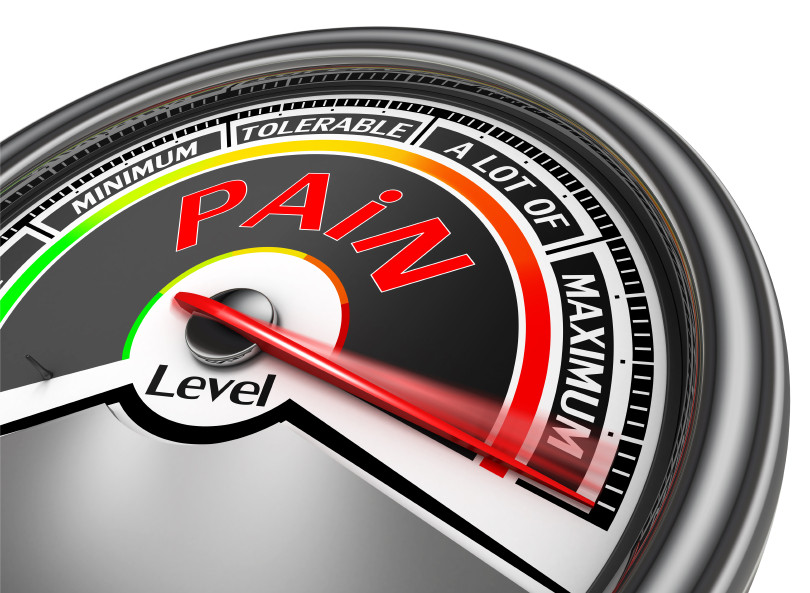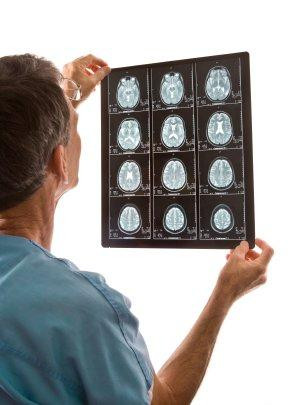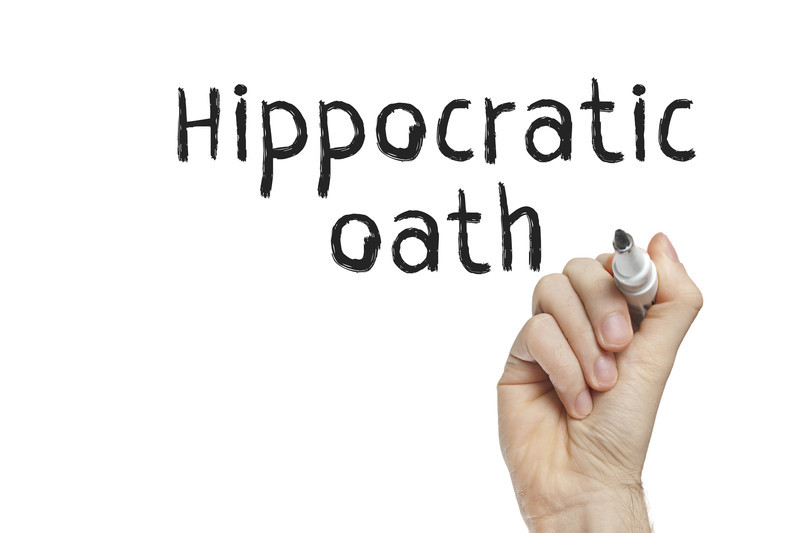
5 timeless habits for better health

What are the symptoms of prostate cancer?

Is your breakfast cereal healthy?

When pain signals an emergency: Symptoms you should never ignore

Does exercise give you energy?

Acupuncture for pain relief: How it works and what to expect

How to avoid jet lag: Tips for staying alert when you travel

Biofeedback therapy: How it works and how it can help relieve pain

Best vitamins and minerals for energy

Should you take probiotics with antibiotics?
Harvard Health Blog
Read posts from experts at Harvard Health Publishing covering a variety of health topics and perspectives on medical news.
Articles
Awake, alert, and alive: Is two hours’ sleep enough?
According to an estimate from the Institute of Medicine, up to 20% of all motor vehicle crashes are related to drowsy driving. A panel of experts recently concluded that anyone who has slept less than two hours in the previous 24 hours is not fit to drive. This is only a rough guideline, however, because the relationship between sleep and safe driving is complex. (For example, a pre-existing sleep debt and driving at night increase the effects of drowsiness.) In general, driving while sleep-deprived is a dangerous undertaking for you — and others on the road with you.
Beyond the 2-hour screen rule: 10 tips for parenting in the digital age
You may have heard of the “2-hour rule,” a guideline from the American Academy of Pediatrics (AAP) that states children should get no more than 2 hours of “screen time” a day (and none at all for those under age 2). But given the sheer amount of handheld devices available today, not to mention the increasing need for children to use technology to do homework and talk with their friends, does the rule still apply? Recently, the AAP released 10 tips to help parents navigate the digital age. We’ve explained them all here.
Teaching gratitude this holiday season – and all year long
Whether this time of year brings gift-giving rituals in your household or not, it’s a good reminder to practice the “skill” of gratitude. Even young children can learn to focus on what they have instead of what they lack. Practicing gratitude is more than a social grace. Research suggests it can help your child build resilience and it is associated with greater happiness in life. Dr. Claire McCarthy shares her tips for helping your child cultivate the skill of gratitude.
10 tips for mindful eating — just in time for the holidays
Eating without awareness can lead to overeating and take away much of the pleasure that can be found in your meals. During the holidays, it can easily cause you to overindulge. Taking a mindful approach to meals by slowing down and savoring the experience can not only help with weight control, but also enhance health and well-being — as well as your enjoyment of the meal.
Yoga and meditation offer health care savings—and you can do them at home
Results from a recent study show that people enrolled in a mind-body relaxation program (that included yoga, meditation, mindfulness, and cognitive behavioral skills) used 43% fewer medical services than they did the previous year, saving on average $2,360 per person in emergency room visits alone. But you don’t need to participate in a formal program to reap the many benefits of these practices. Many of them can be learned and practiced at home.

5 timeless habits for better health

What are the symptoms of prostate cancer?

Is your breakfast cereal healthy?

When pain signals an emergency: Symptoms you should never ignore

Does exercise give you energy?

Acupuncture for pain relief: How it works and what to expect

How to avoid jet lag: Tips for staying alert when you travel

Biofeedback therapy: How it works and how it can help relieve pain

Best vitamins and minerals for energy

Should you take probiotics with antibiotics?
Free Healthbeat Signup
Get the latest in health news delivered to your inbox!
Sign Up

























